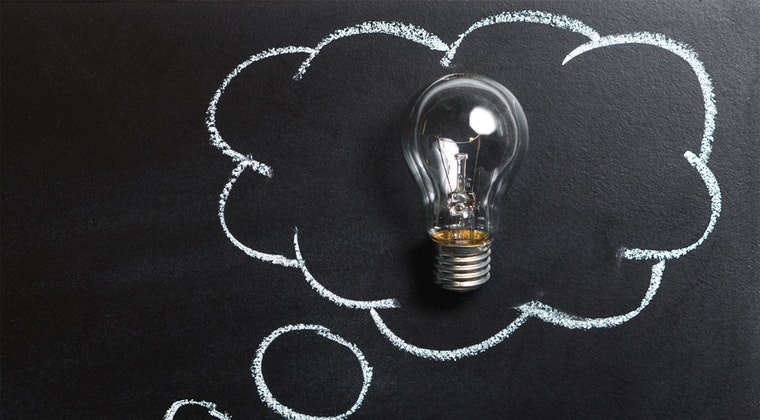Did you know that around 15,000 of the 2.1 million businesses in Australia are Indigenous-owned?
If you’re surprised, it’s because they are severely under-represented in the supply chain.
Why?
Often, Indigenous-owned suppliers don’t have a chance to compete because they’re considered more expensive or lower quality. These myths hinder not only their business growth but also prevent organisations from tapping into the advantages of a diverse supply chain.
Research shows that a diverse supply chain helps businesses grow. It increases sustainability of supply as well as flexibility, innovation and value for money (VfM).
This means procuring from an Indigenous business isn’t just a goodwill gesture, it benefits the bottom line.
And it’s not all about financial revenue. “For every dollar of revenue, Indigenous businesses produce on average $4.41 of social return,” said Laura Berry, CEO of Supply Nation.
So, when engaging Indigenous suppliers, where do you start?
Best practices for engaging Indigenous suppliers:
1. Partner with the experts
The best place to start is with the experts. These organisations can help you plan your strategy so you can build a rewarding partnership for both you and the supplier:
Supply Nation is a membership-based organisation that provides Australia’s largest directory of verified Aboriginal and Torres Strait Islander business – over 2,000. These registered businesses earn more than $1 billion per year and have revenues growing by an average of 12.5% annually.
The organisation offers membership and training for procurement professionals, supports Reconciliation Action Plans and holds events that illustrate the benefits of supplier diversity.
Essentially, it aims to provide a level playing field for Aboriginal and Torres Strait Islander businesses in Australia.
Business Council Australia aims to enhance economic development opportunities for Aboriginal and Torres Strait Islander people. It’s just launched Raising the Bar – a program which takes the philosophy of the Indigenous Procurement Policy (IPP) to business. Sixteen big businesses, including Australian Unity and Microsoft, have pledged to buy $3 billion in supplies from Indigenous companies by 2027.
Reconciliation Australia is a non-profit organisation that promotes and facilitates reconciliation by building relationships, respect and trust between the wider Australian community and Aboriginal and Torres Strait Islander peoples.
2. Develop a Reconciliation Action Plan (RAP)
The RAP provides a framework for organisations to support the national reconciliation movement. It’s a strategic document that supports your business plan and includes practical actions for change.
Reconciliation Australia can help you put one together, Supply Nation can help make it happen.
3. Go back to school
Changing how you engage suppliers can be daunting. After all, you are changing a trusted business process. What’s more, you might struggle to convince decision-makers that what you are doing is for the best of the business. Especially when many people bring their biases and discrimination to the workplace.
That’s where training comes in. There are a number of training opportunities that will teach you about global and Australian best practice and how to effectively change the way you engage with suppliers.
You can also find courses that specifically cover working with Indigenous suppliers. For example, our short course on “Introduction to Procurement – Australian Government” includes a unit on the Indigenous Procurement Policy.
4. Learn from other businesses
Membership of Supply Nation, events, networking, training – all of these help you learn how other businesses have diversified their supply chain and how you can too. Find out more in our blog post Unlocking the value of social procurement.
5. Look to the best
There are lots of businesses getting it right.
Lendlease and Indigenous-owned PSG Holdings (PSGH) have established a joint venture to deliver a $213 million program for the Department of Defence, spanning four years. Not only is this an example of Indigenous business participation in a large government contract, it’s also acted as a catalyst for subcontracting construction works to 15 Indigenous enterprises.
“The biggest hurdle is often starting the conversation. Once started, you quickly realise the immense capability and competency of Indigenous businesses,” said Alli Devlin from Lendlease.
Professional services firm KPMG and Muru Office Supplies (MOS) are another success story. In 2017 MOS was contracted for two years.
Mitchell Ross from MOS said, “KPMG accounts for 25% of our revenue. The deal has helped us scale and now we are looking to employ new staff. We invest a portion of our profit in Indigenous community projects and this partnership played an integral role in increasing our contribution to $52,000 last financial year.”
Get inspired with many more success stories on the Supply Nation website.
Final Word
Engaging Indigenous businesses and including them in your supply chain can bring great benefits. It can contribute to greater competition, boost innovation, open the doors to a broader variety of products, achieve cost efficiency, and add social value. If might seem challenging at first, but if you follow these best practices and work with organisations like Supply Nation, you’ll make positive changes.






